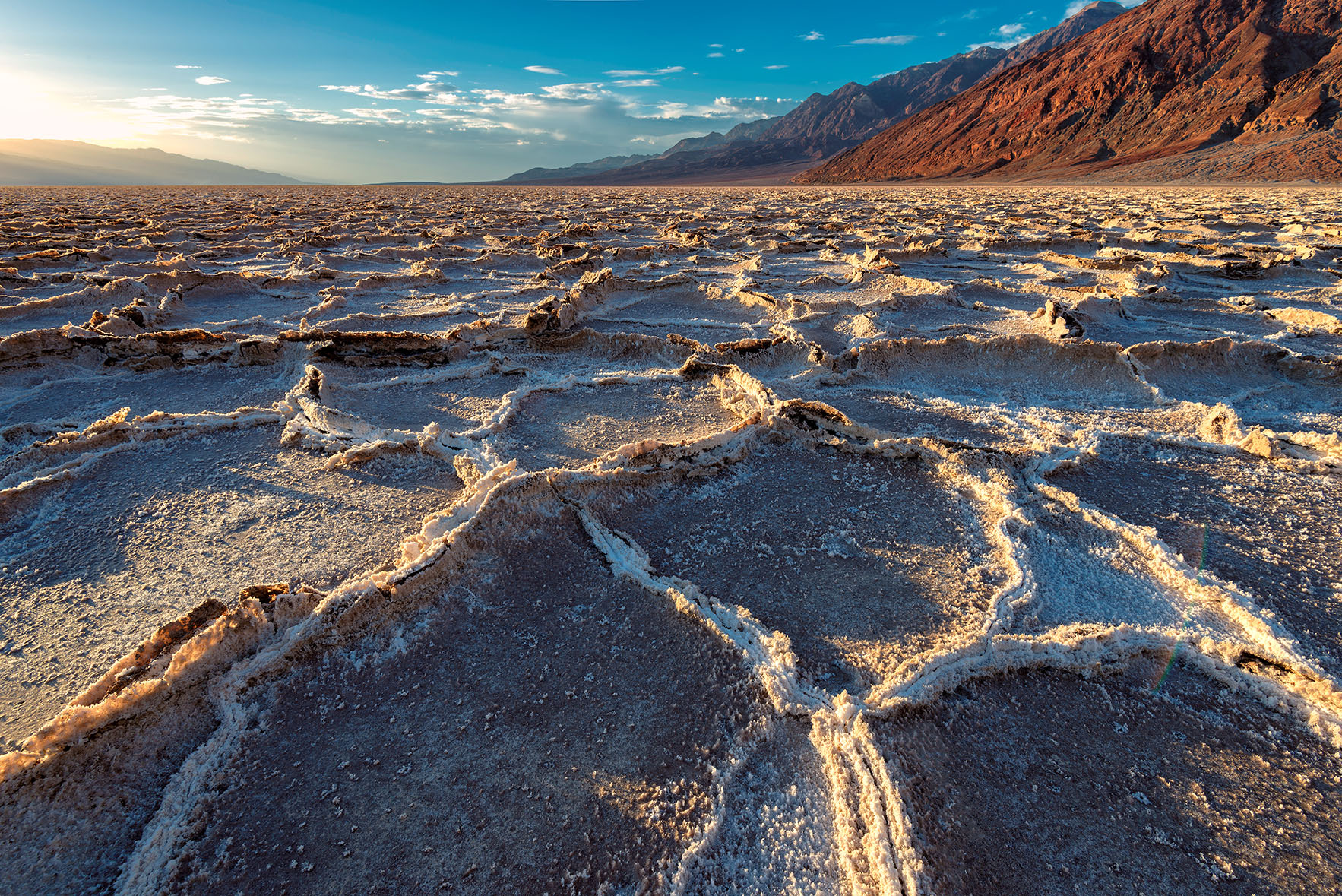

In chemistry, a deposit is a substance that is left behind when a solution cools or evaporates. This can happen when a solution is saturated, which means that it cannot dissolve any more of the substance. The excess substance will then form a deposit.
Here are some examples of deposits in chemistry:
Deposits can be used to extract valuable materials. For example, salt deposits can be mined for salt, and mineral deposits can be mined for metals.
The chemical reaction deposited a white powder on the surface of the solution.

Noun: deposit (plural: deposits).
Adjective: deposited.
Verb: to deposit.
The word "deposit" comes from the Latin word "depositum", which means "something put down" or "something left in trust". The word "depositum" is derived from the verb "deponere", which means "to put down" or "to lay down".
Write a sentence which gives an example of a deposit being left on a surface.
Question:
Describe the process of sediment deposition and its role in forming various geological features. Provide specific examples to illustrate your answer.
Answer:
In conclusion, sediment deposition plays a vital role in shaping various geological features and landscapes over time.